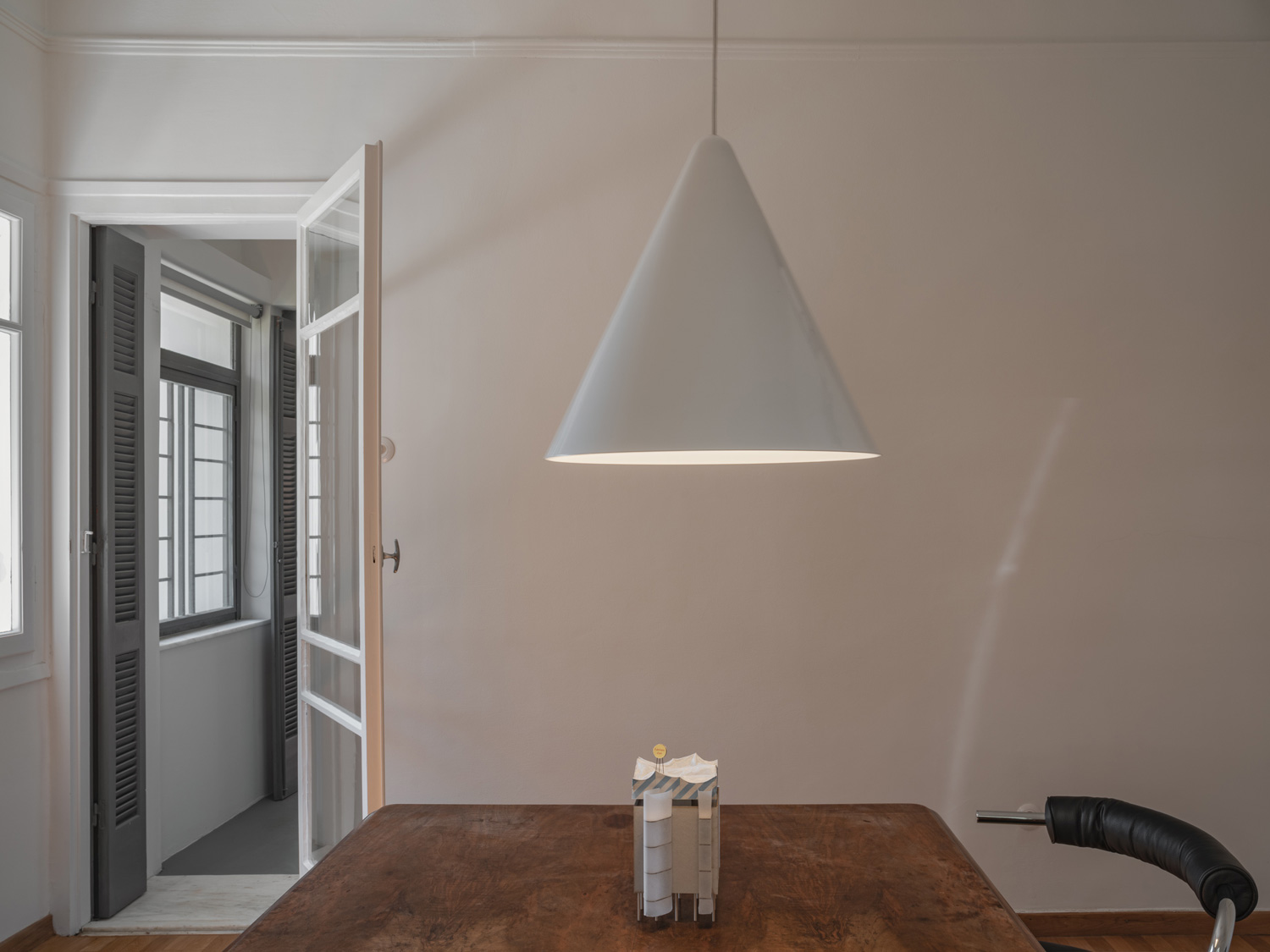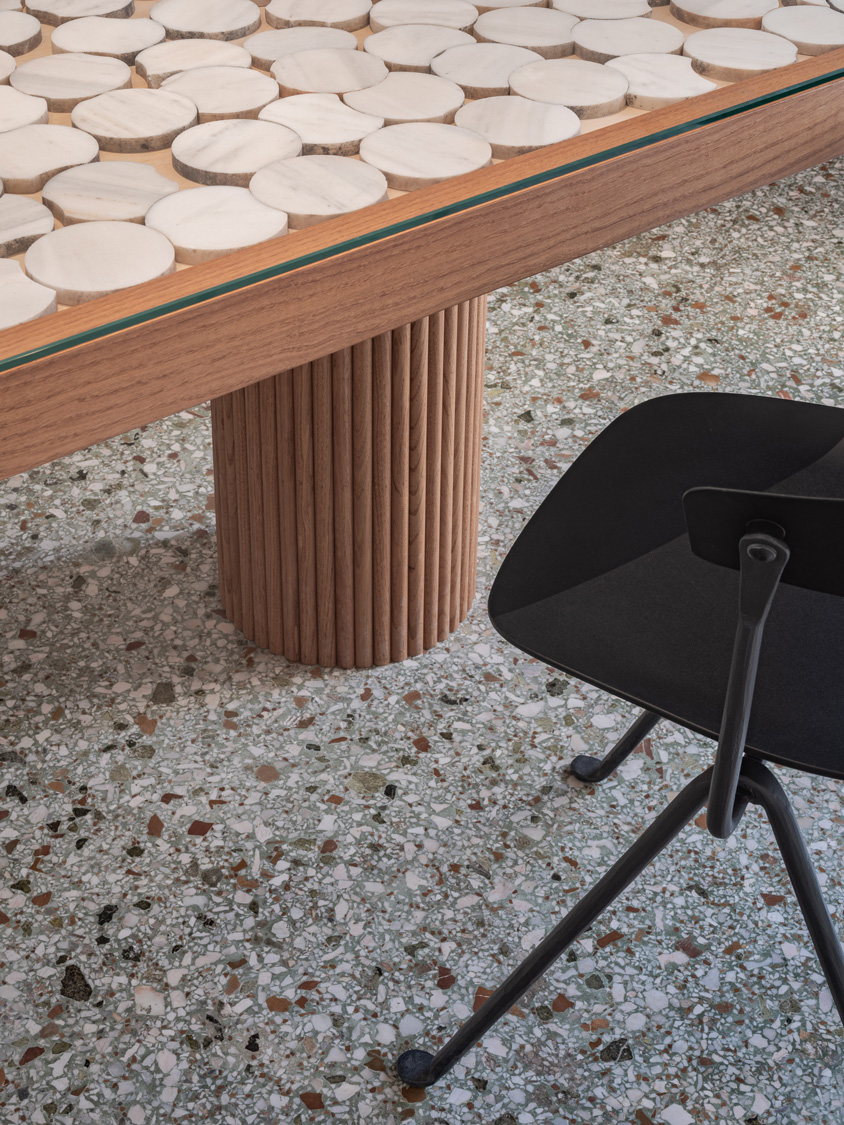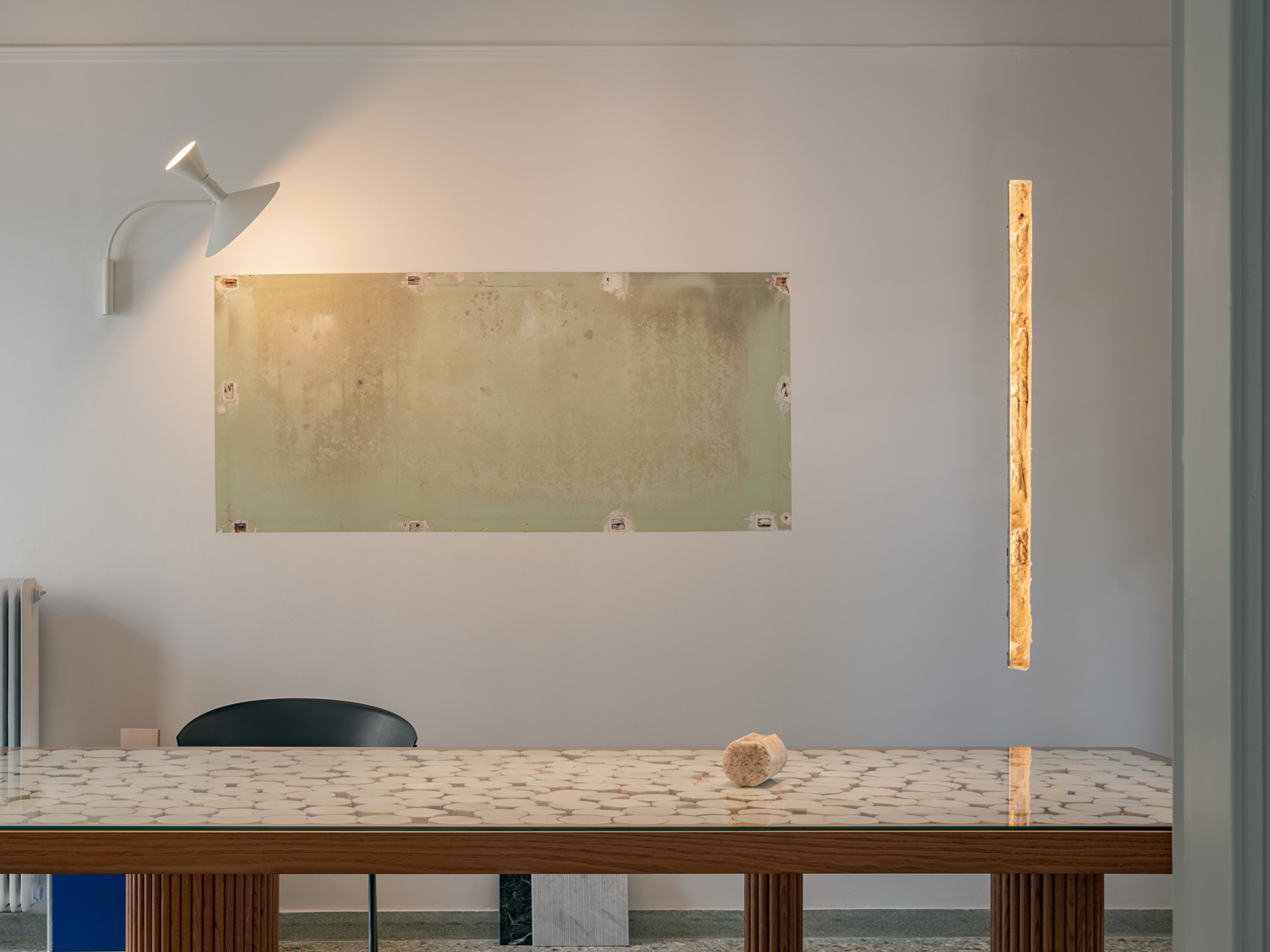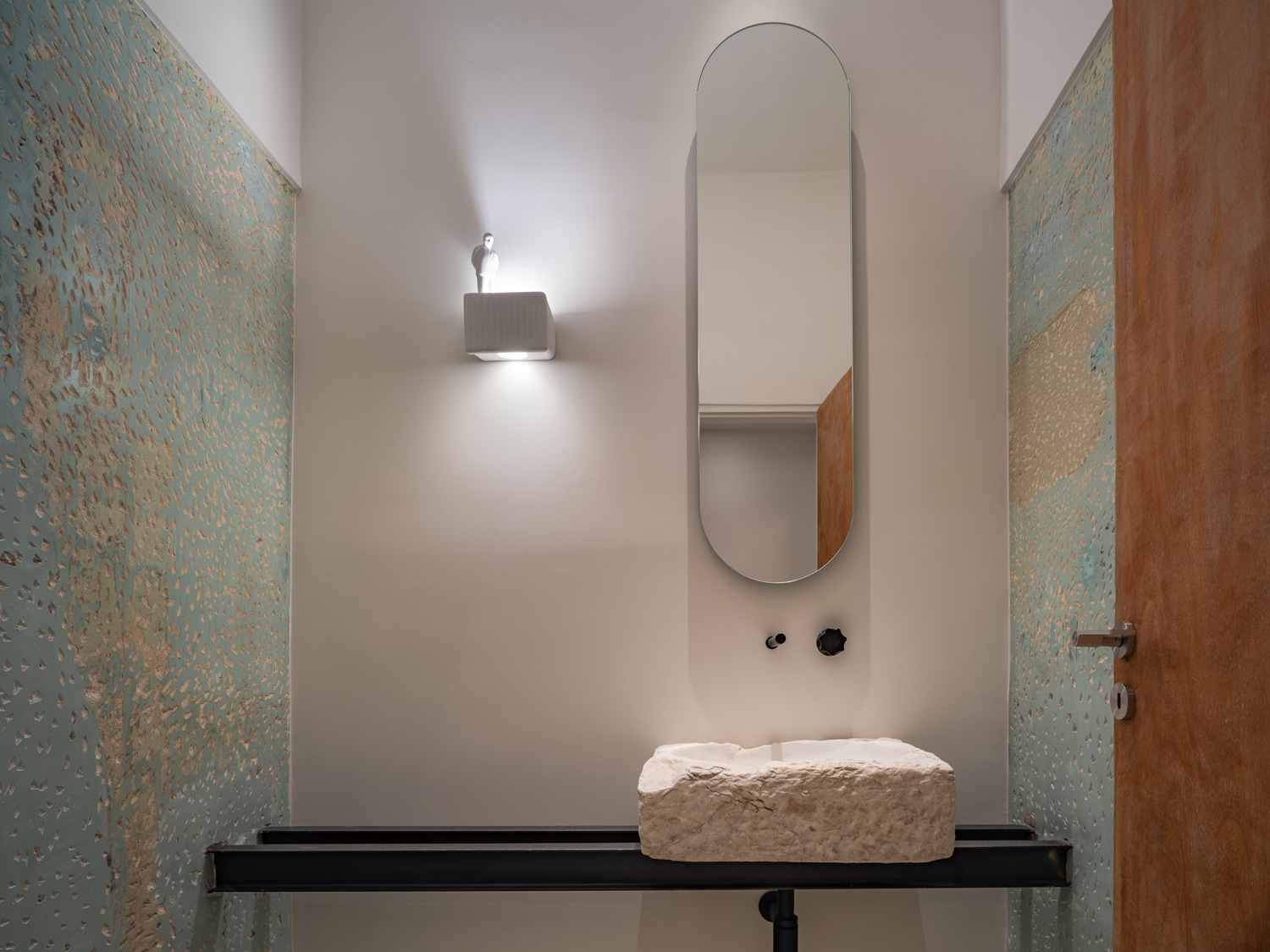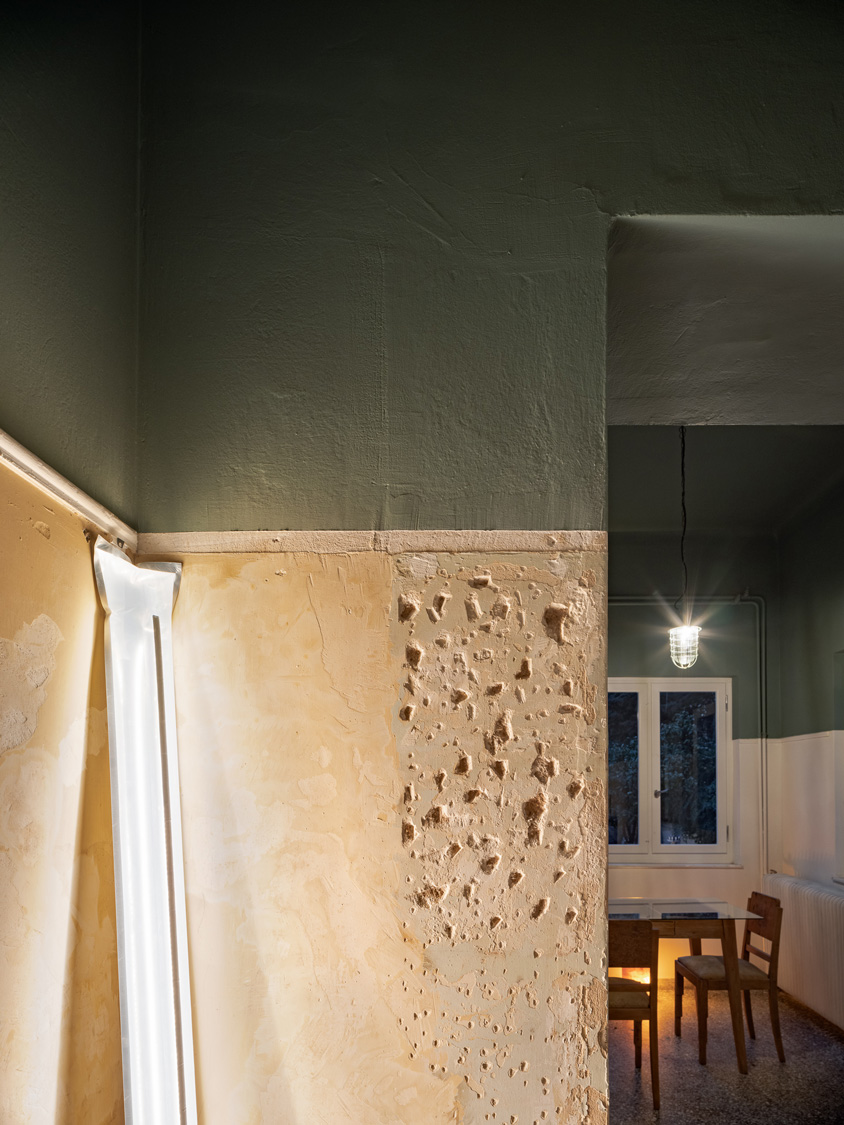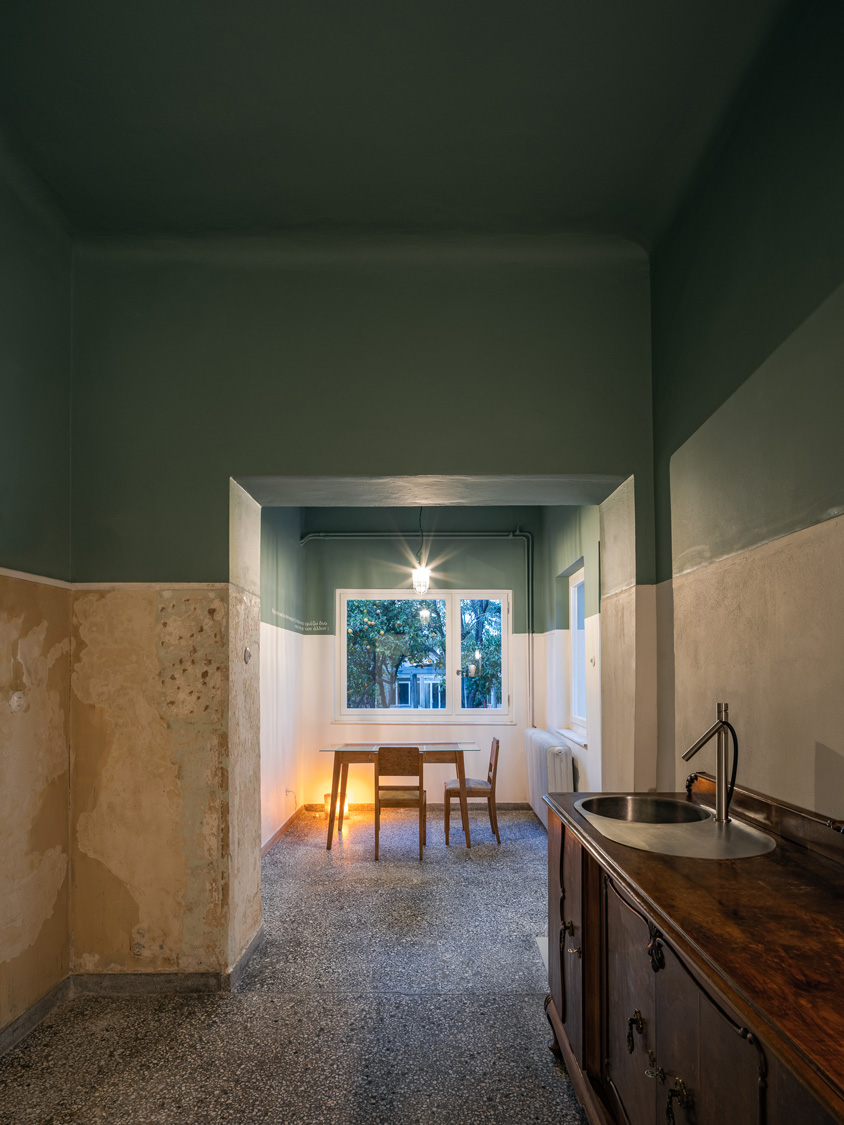Moonlight sonata by Y.Ritsos
A spring evening. A large room in an old house. A woman of a certain age, dressed in black, is speaking to a young man. They have not turned on the lights. Through both windows the moonlight shines relentlessly. I forgot to mention that the Woman in Black has published two or three interesting volume of poetry with a religious flavor. So, the Woman in Black is speaking to the Young Man:
Let me come with you. What a moon there is tonight!
The moon is kind – it won’t show
that my hair turned white. The moon
will turn my hair to gold again. You wouldn’t understand.
Let me come with you.
When there’s a moon the shadows in the house grow larger,
invisible hands draw the curtains,
a ghostly finger writes forgotten words in the dust
on the piano – I don’t want to hear them. Hush.
Let me come with you
a little farther down, as far as the brickyard wall,
to the point where the road turns and the city appears
concrete and airy, whitewashed with moonlight,
so indifferent and insubstantial
so positive, like metaphysics,
that finally you can believe you exist and do not exist,
that you never existed, that time with its destruction never existed.
Let me come with you.
We’ll sit for a little on the low wall, up on the hill,
and as the spring breeze blows around us
perhaps we’ll even imagine that we are flying,
because, often, and now especially, I hear the sound of my own dress
like the sound of two powerful wings opening and closing,
you feel the tight mesh of your throat, your ribs, your flesh,
and when you enclose yourself within the sound of that flight
you feel the tight mesh of your throat, your birds, your flesh,
and thus constricted amid the muscles of the azure air,
amid the strong nerves of the heavens,
it makes no difference whether you go or return
it makes no difference whether you go or return
and it makes no difference that my hair has turned white
(that is not my sorrow – my sorrow is
that my heart too does not turn white).
Let me come with you.
I know that each one of us travels to love alone,
alone to faith and to death.
I know it. I’ve tried it. It doesn’t help.
Let me come with you.
H σονάτα του σεληνόφωτος , Γ.Ρίτσος
(Ανοιξιάτικο βράδι. Μεγάλο δωμάτιο παλιού σπιτιού. Μία ηλικιωμένη γυναίκα ντυμένη στα μαύρα μιλάει σ’ έναν νέο. Δεν έχουν ανάψει φως. Απ’ τα δυο παράθυρα μπαίνει ένα αμείλικτο φεγγαρόφωτο. Ξέχασα να πω ότι η γυναίκα με τα μαύρα έχει εκδώσει δυο-τρεις ενδιαφέρουσες ποιητικές συλλογές θρησκευτικής πνοής. Λοιπόν, η Γυναίκα με τα μαύρα μιλάει στον νέο.)
Άφησε με να ‘ρθω μαζί σου. Τι φεγγάρι απόψε!
Είναι καλό το φεγγάρι, – δε θα φαίνεται
που άσπρισαν τα μαλλιά μου. Το φεγγάρι
θα κάνει πάλι χρυσά τα μαλλιά μου. Δε θα καταλάβεις.
Άφησε με να ‘ρθω μαζί σου.
Όταν έχει φεγγάρι, μεγαλώνουν οι σκιές μες στο σπίτι,
αόρατα χέρια τραβούν τις κουρτίνες,
ένα δάχτυλο αχνό γράφει στη σκόνη του πιάνου
λησμονημένα λόγια – δε θέλω να τ’ ακούσω. Σώπα.
Άφησε με να ‘ρθω μαζί σου
λίγο πιο κάτου, ως τη μάντρα του τουβλάδικου,
ως εκεί που στρίβει ο δρόμος και φαίνεται
η πολιτεία τσιμεντένια κι αέρινη, ασβεστωμένη με φεγγαρόφωτο,
τόσο αδιάφορη κι αϋλη,
τόσο θετική σαν μεταφυσική
που μπορείς επιτέλους να πιστέψεις πως υπάρχεις και δεν υπάρχεις
πως ποτέ δεν υπήρξες, δεν υπήρξε ο χρόνος κ’ η φθορά του.
Άφησε με να ‘ρθω μαζί σου.
Θα καθίσουμε λίγο στο πεζούλι, πάνω στο ύψωμα,
κι όπως θα μας φυσάει ο ανοιξιάτικος αέρας
μπορεί να φαντάζουμε κιόλας πως θα πετάξουμε,
γιατί, πολλές φορές, και τώρα ακόμη, ακούω το θόρυβο του φουστανιού μου,
σαν το θόρυβο δυο δυνατών φτερών που ανοιγοκλείνουν,
κι όταν κλείνεσαι μέσα σ’ αυτόν τον ήχο του πετάγματος
νιώθεις κρουστό το λαιμό σου, τα πλευρά σου, τη σάρκα σου,
κι έτσι σφιγμένος μες στους μυώνες του γαλάζιου αγέρα,
μέσα στα ρωμαλέα νεύρα του ύψους,
δεν έχει σημασία αν φεύγεις ή αν γυρίζεις
ούτε έχει σημασία που άσπρισαν τα μαλλιά μου,
(δεν είναι τούτο η λύπη μου – η λύπη μου είναι που δεν ασπρίζει κ’ η καρδιά μου).
Άφησε με να ‘ρθω μαζί σου.
Το ξέρω πως καθένας μοναχός πορεύεται στον έρωτα,
μοναχός στη δόξα και στο θάνατο.
Το ξέρω. Το δοκίμασα. Δεν ωφελεί.
